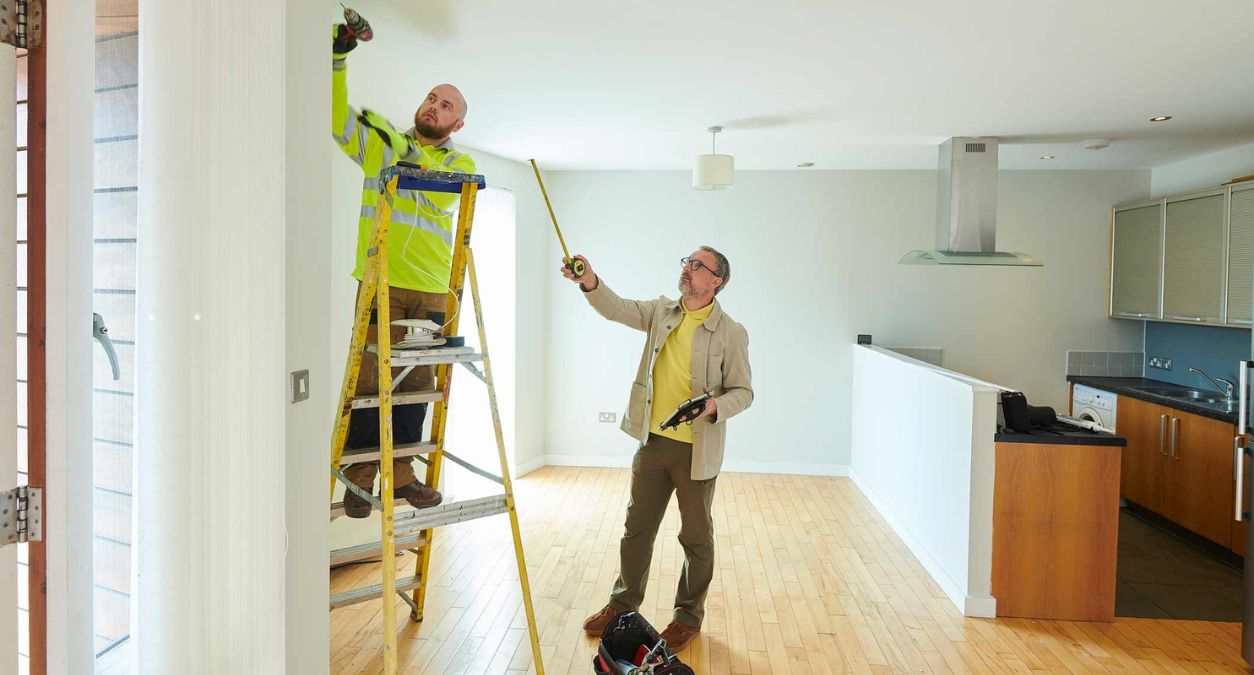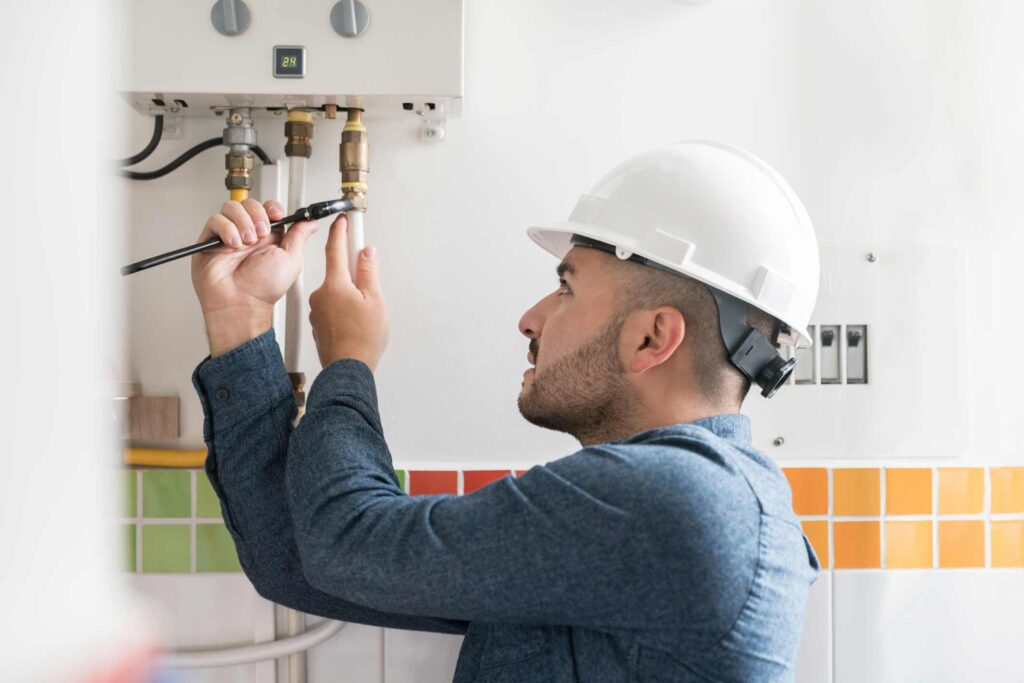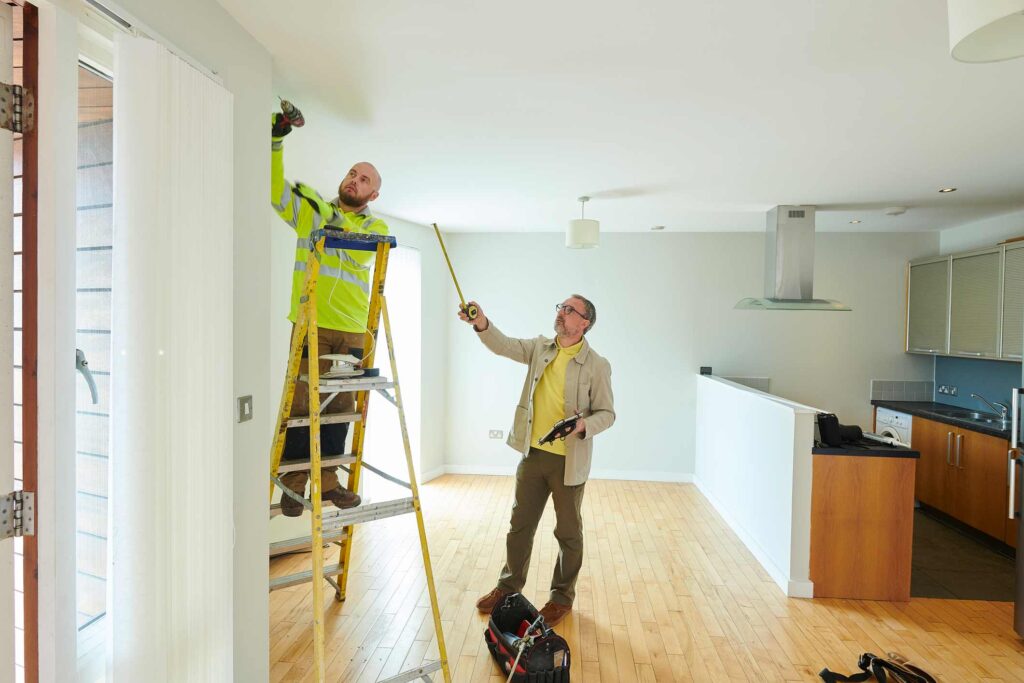Table of contents
Table of contents
If you’re wondering how long a landlord has to fix something in the UK, there are various factors to consider. Maintaining a clear and transparent relationship between landlords and tenants is essential in ensuring that repairs are addressed promptly and efficiently. Landlords should communicate expectations, provide a reliable system for reporting issues, and prioritise the safety and wellbeing of their tenants.
Tenants, on the other hand, should be proactive in reporting problems and know their rights to prompt and adequate repairs. By creating a respectful, cooperative environment, both parties can contribute to a positive renting experience.
In this guide, we’ll explore how long landlords have to fix problems in the UK.
How long is reasonable for tenants to wait for landlord repairs?

Get Rent Guarantee Insurance from Protectivity
*Disclaimer – This blog has been created as general information and should not be taken as advice. Make sure you have the correct level of insurance for your requirements and always review policy documentation. Information is factually accurate at the time of publishing but may have become out of date.
Last updated by



















